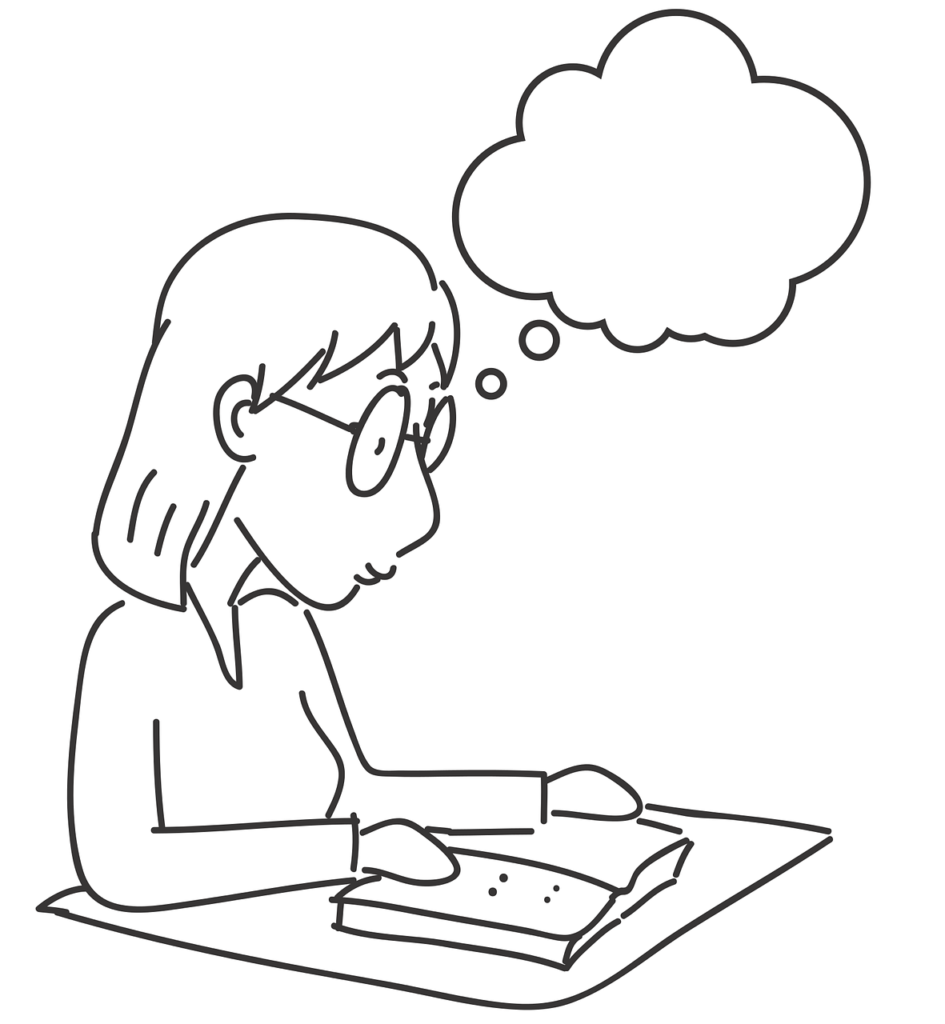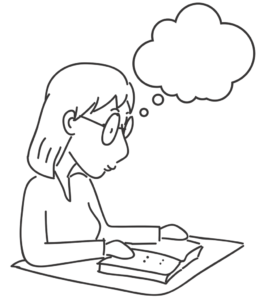Energy is eternal delight. William Blake
Breathing is vital to health, energy and peace of mind.
So, why should breathing be a problem? After all, everyone breathes, don’t they? Unless you have a physical problem, which a doctor should look at. Right?
Well, it’s not that simple. Almost everyone I deal with in my practice breathes incorrectly. This affects a whole bunch of things.
Energy
Most people believe that the most important reason for eating is for building blocks for the body.
Wrong!
The most important reason is energy.
And the most important source of energy is not food
It’s oxygen.
When you breathe badly, your body doesn’t get an efficient supply of oxygen. This means that you are losing out on your primary source of energy.
Eating
Because you’re missing energy, your body sends messages to you that you need more energy. So, you will be tempted to eat.
If you are overweight, this is a problem!
Even if you don’t suffer from overweight, you’ll still be tempted to eat refined sugar, chocolate, and refined (junk) foods. All of these supply fast, low-grade energy that runs out fast. You may be tempted to take caffeine (e.g. coffee, tea, certain fizzy drinks), which cause even more problems.
Illness
Without your prime source of energy oxygen your body struggles to eliminate toxins properly. This leads to increases in “free radicals”, which you might have read about. It also leads to an increase in the number of mutating cells, a cause of many illnesses, including cancer.
Smoking
If you smoke, you may be interested to hear that many people breathe deeply only when they smoke. So, when your body needs a good deep breath, it will often ask for a cigarette!
For these people, breathing properly and doing the breathing exercises I give later on this page will actually reduce their smoking!
Stress!
Breathing badly also leads to increased stress. Stress compromises your immune system. In other words, your body finds it harder to fight off illnesses.
Besides, I don’t know many people that actually want more stress. Do you?
Toxins
I already mentioned the role of energy in removing toxins. And you know you have blood, which your heart pumps around your body. But, did you know you have two circulation systems?
The second system is called the lymphatic system. What is it? The lymphatic system acts as the “sewer” of your body. It collects the junk and poisons, and gets rid of it.
The problem is: Your lymphatic system’s pump is your breathing. That’s right only when you breathe can your lymphatic system work. So, when you breathe badly, your body can’t effectively get rid of the poisons and other junk.
Thinking
Breathing badly even affects our ability to think quick and deep.
Summary
To summarise, this is what happens when you breathe badly.
You lose out on your most important source of energy.
You get hungrier, especially for junk food and sweets.
Your body suffers from a lack of efficient oxygen, which negatively affects your “free radicals” and can increase your chances of long-term illnesses.
You feel more stressed, which reduces your body’s ability to fight off illness.
Your body’s lymphatic system functions badly, so it can’t eliminate toxins as efficiently as it should.
Even your thinking is impaired.
Breathing well
OK, then, so how should you breathe?
Well, there are many exercises that you can do for breathing. Some are designed to clean your body; some to reduce your stress; and so on. But before looking at exercises, let’s look at your breathing habits.
Check your breathing
In a short while, I’ll ask you to stand in front of a mirror and take a deep breath in. I’ll ask you to notice what happens. In particular, I want you to look at all of these things:
What happened to your shoulders (did they rise or stay roughly still)?
What happened to your chest (did it rise high or stay roughly still)?
What happened to your stomach (did it go in, stay roughly still or expand)?
OK, so here’s what I want you to do.
Stand in front of a mirror.
First, breathe out empty your lungs.
Take in a deep breath, and notice what happens to your shoulders, chest and stomach.
Again, empty your lungs and again notice what happens to your shoulders, chest and stomach.
Repeat this as many times as you need to notice what’s happening.
Correct your breathing
If you quietly watch a baby sleeping on its back, you can notice the correct way to breathe. When breathing in, the baby’s stomach rises (expands). When breathing out, its stomach goes in. Its shoulders and chest don’t move, or move hardly at all.
This is what you should aim at. Here’s the checklist for what you should see in front of the mirror when you breathe in deeply.
Right Wrong
Your shoulders stay level
Your shoulders lift up
Your chest rises only a little
You use your chest to store all the air
Your stomach expands
Your stomach goes in
Breathing relaxes you
Breathing in tenses you
A lifelong habit
I first learned this habit in martial arts as a teenager. It took a while, but eventually it became a habit. If you already have this habit, then good! If not, for your own peace of mind, I recommend you change the way you breathe.
Remind yourself about the way you breathe, every time you
Walk through a doorway
Lie down to go to sleep
Wake up in the morning
Get into a car, bus or train
Get out of a car, bus or train
Breathing exercises
There are breathing exercises that you can do for certain results. I’ll give you three different ones here.
Cleansing breathing
Here’s something that will set you up for the day. It’s a lovely habit to get into first thing in the morning. I find it totally addictive, far more so than coffee. If possible, do this in a clean area away from traffic fumes and with plenty of ventilation.
To start, remember how you should breathe. Breathe out.
Breathe in slowly and as deep as you can, to a count of about four seconds.
Hold your breath for 1216 seconds (less, if it feels uncomfortable).
Breathe out slowly, emptying your lungs as much as possible, for a count of about eight seconds.
Repeat these steps several times. You may feel slightly light-headed. As someone once told me, “That’s your brain saying, Thank you!” I find this such a lovely feeling, that sometimes I’ll start to wander around the garden, breathing away, realising after about five minutes that I’m still doing this exercise!
Fire breathing
Although this has a fiery sound, it’s actually a stimulating quick stress relief. Do this whenever you have to keep going, but feel, “It’s getting too much for me!”
Inhale through the nose.
Hold for a moment.
Breathe out in short, sharp bursts: fuo-fuo-fuo-fuo
Do this six times or so.
Anxiety breathing
Feel anxious? Here’s a soothing one.
To start, sit comfortably in front of a table. Elbows on table, palms over eyes, eyes closed.
Imagine (visualise) your palms lighting up brightly.
Imagine this light flowing down through your arms
Back up to your shoulders
To your chest
Down to your solar plexus. Light up your solar plexus strongly.
Beam the light backward to light up your spine. Let the light flow down to strongly light up your coccyx (your tailbone).
Notice your breathing.
Stay like that, noticing your breathing, for as long as you want.






